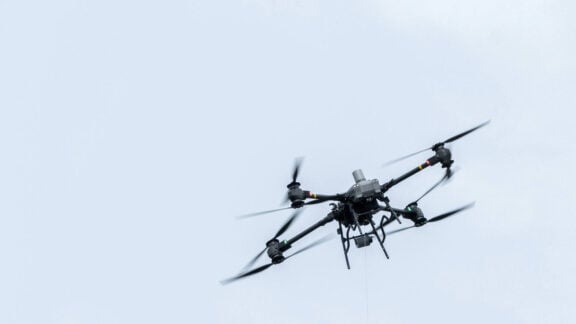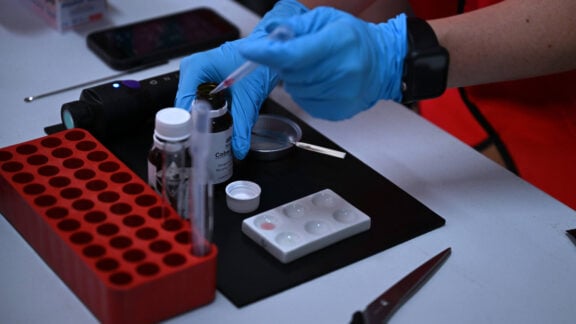The Victorian government has announced encouraging new statistics, that it claims show an increase in culturally and linguistically diverse (CALD) community students in the areas of skilled work.
Using National Skills Week as its platform, Victorian Minister for Higher Education and Skills Nick Wakeling earlier this week declared that statistics indicate a growth in employment, and a greater number of Victorians training in skill shortage areas than ever before.
Now in its fourth year, National Skills Week is a nation-wide initiative, highlighting career opportunities through vocational education and training. The initiative includes 500 Victorian training institutions, including TAFEs.
The figures are much to the delight of the Victorian government, which unveiled actions it had undertaken to increase state-wide skills shortages, including massive cash injections to fund training.
As a result, as many as 72 per cent of Victorian students are training in areas of need, according to government statistics.
The statistics show that since 2010, the number of CALD students has increased by up to 109 per cent.
“This report confirms the Victorian Coalition government’s record $1.2 billion annual investment is directed to funding training in areas of demand by industry and employers,” Mr Wakeling said.
“Our number one priority is to ensure Victorian training students have the best chance of getting a meaningful and long term job.”
Complementing the increase in culturally and linguistically students was a 43 per cent increase in indigenous student numbers and a 58 per cent increase in students with a disability.
“Under the Coalition government, funding for Victorian training is 50 per cent more than Labor’s last year in office, while TAFEs receive $600 million, a significant 23 per cent increase since 2010,” Mr Wakeling added.
The minister pledged a further $5 billion toward skill developments over the next four years, should the Coalition win the state election in November.









